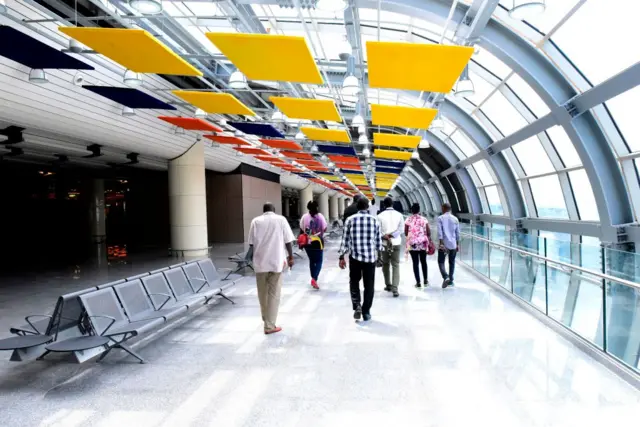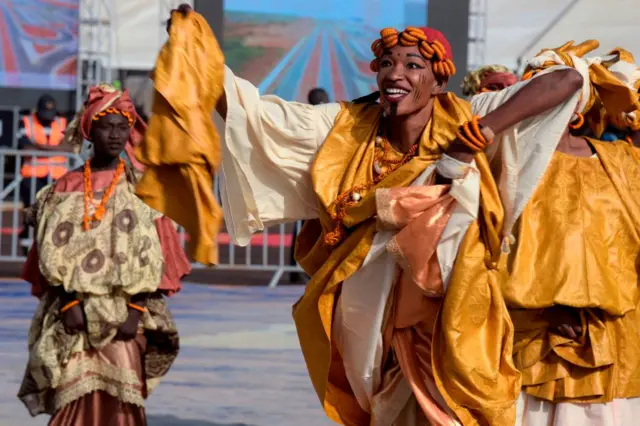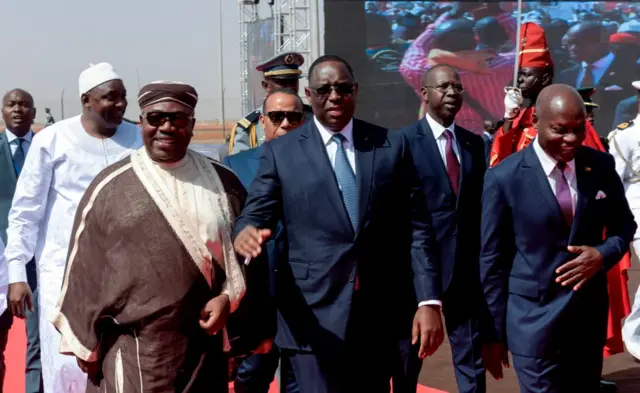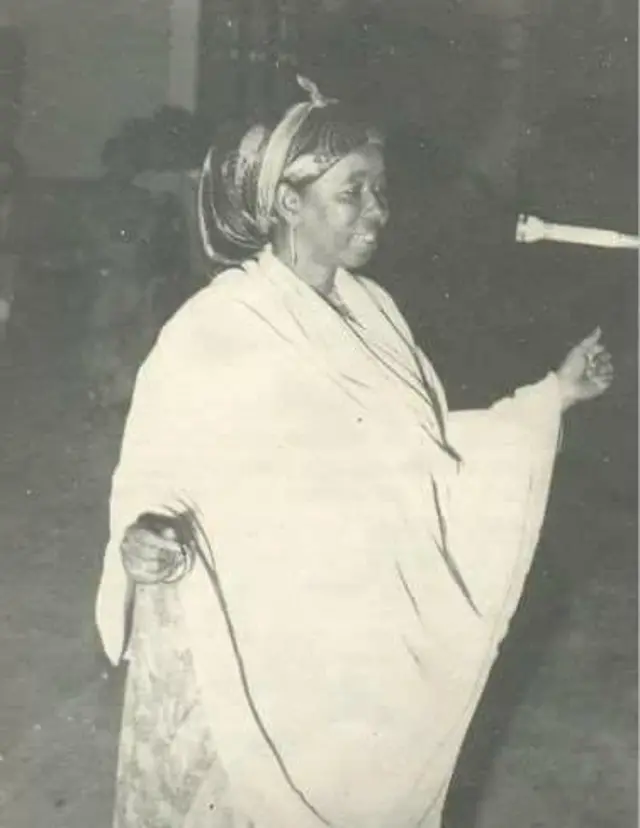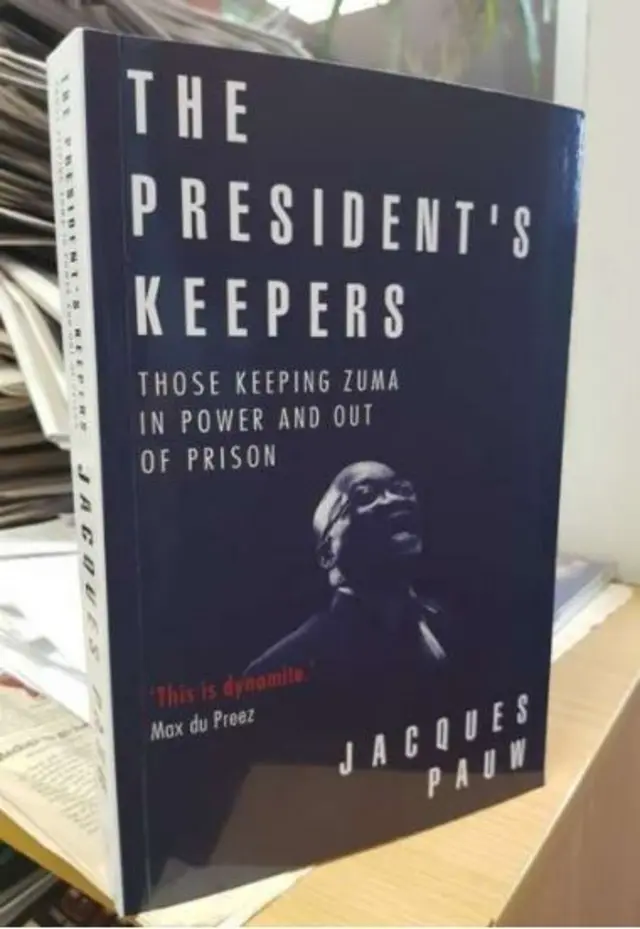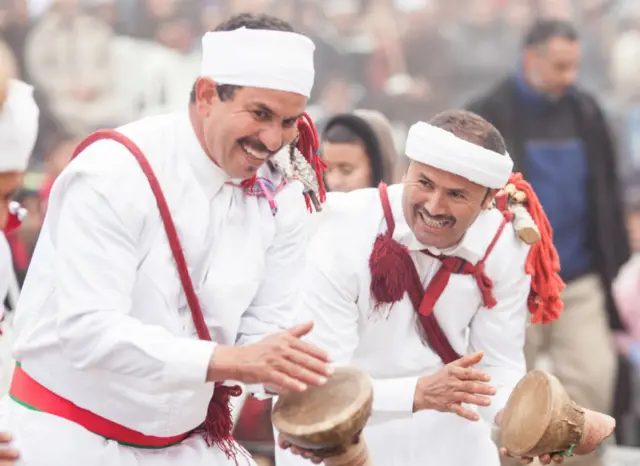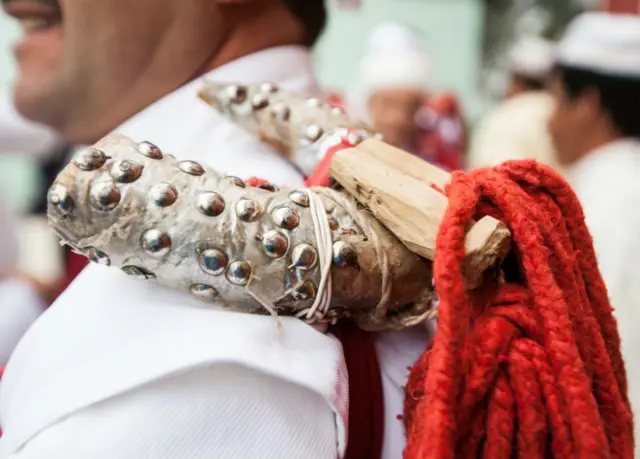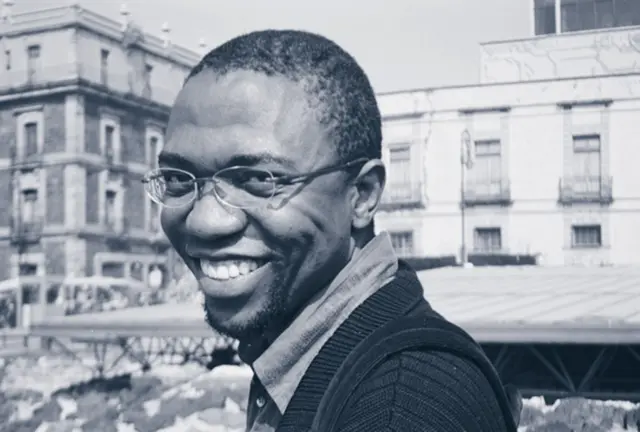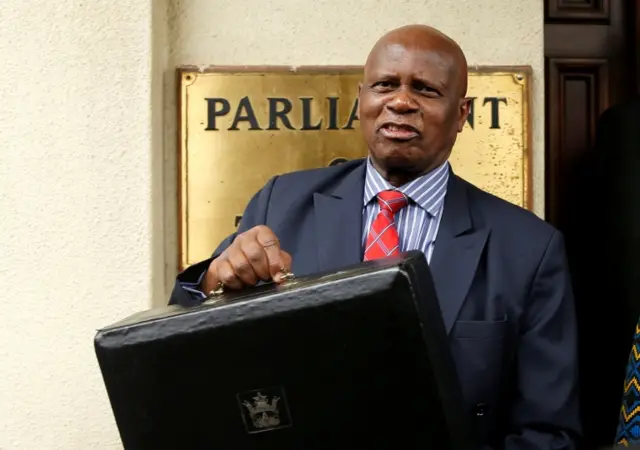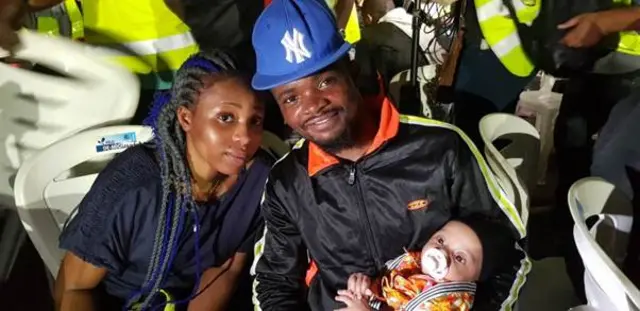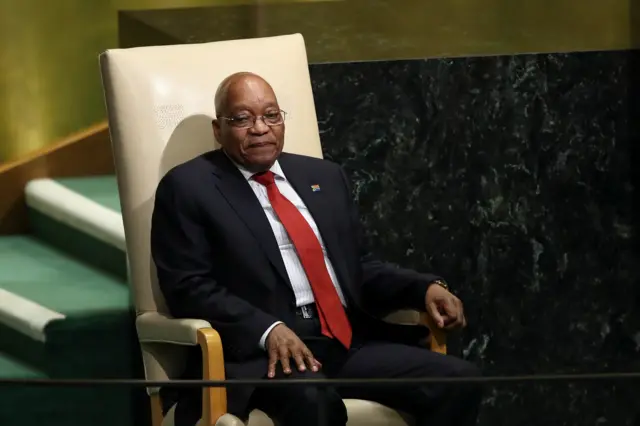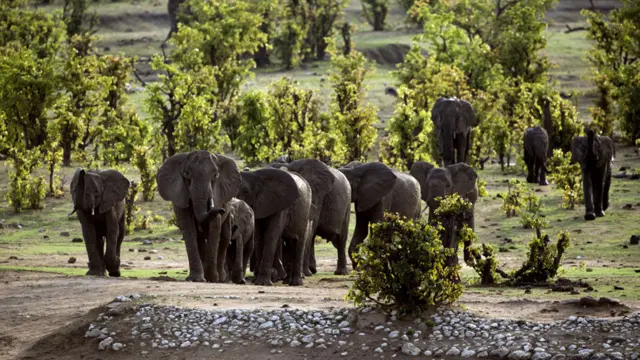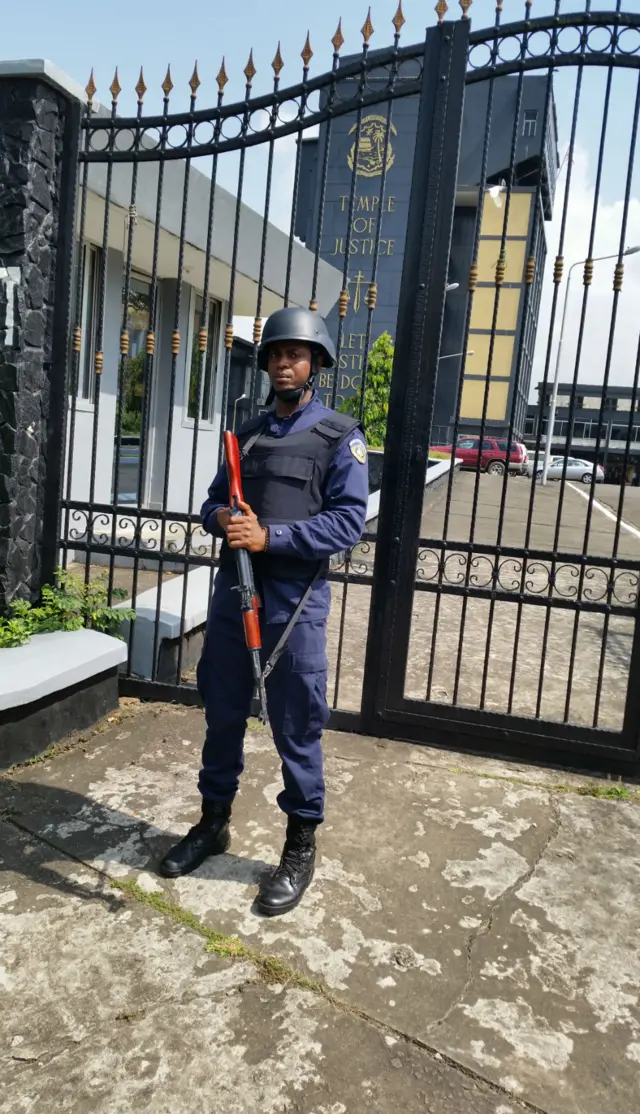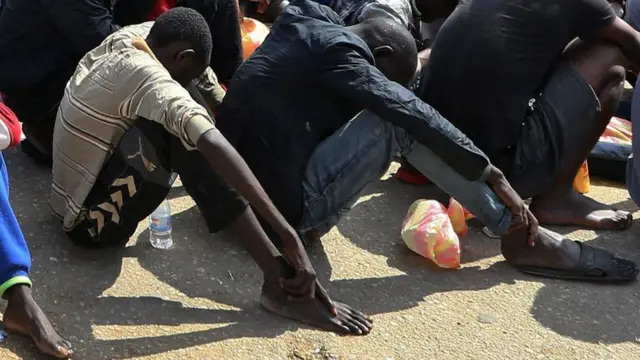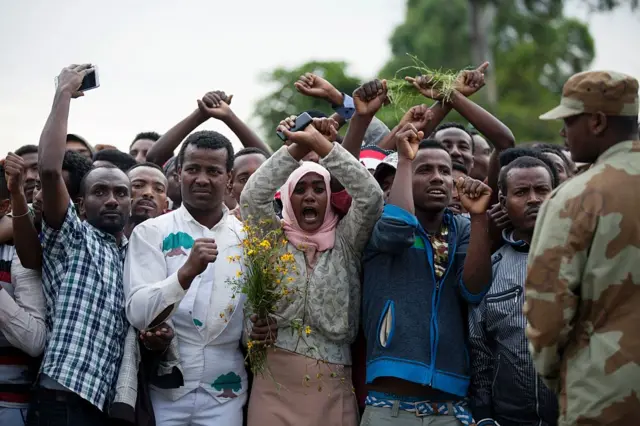Scroll down for Thursday's storiespublished at 17:37 GMT 7 December 2017
We'll be back tomorrow
That's all from BBC Africa Live today. Keep up-to-date with events from Liberia, where a landmark court ruling is due to determine whether there will be a run-off or re-run of the presidential election, by listening to the Africa Today podcast or check the BBC News website.
A reminder of today's wise words:
Quote MessageA chick can give advice to the mother hen."
Sent by Sylvester Hangi in Beni, Democratic Republic of Congo
Click here and scroll to the bottom to send us your African proverbs.
And we leave you with this photo of one of Dakar's public minibuses, known as car rapides:
Allow Instagram content?
This article contains content provided by Instagram. We ask for your permission before anything is loaded, as they may be using cookies and other technologies. You may want to read Meta’s Instagram cookie policy, external and privacy policy, external before accepting. To view this content choose ‘accept and continue’.

